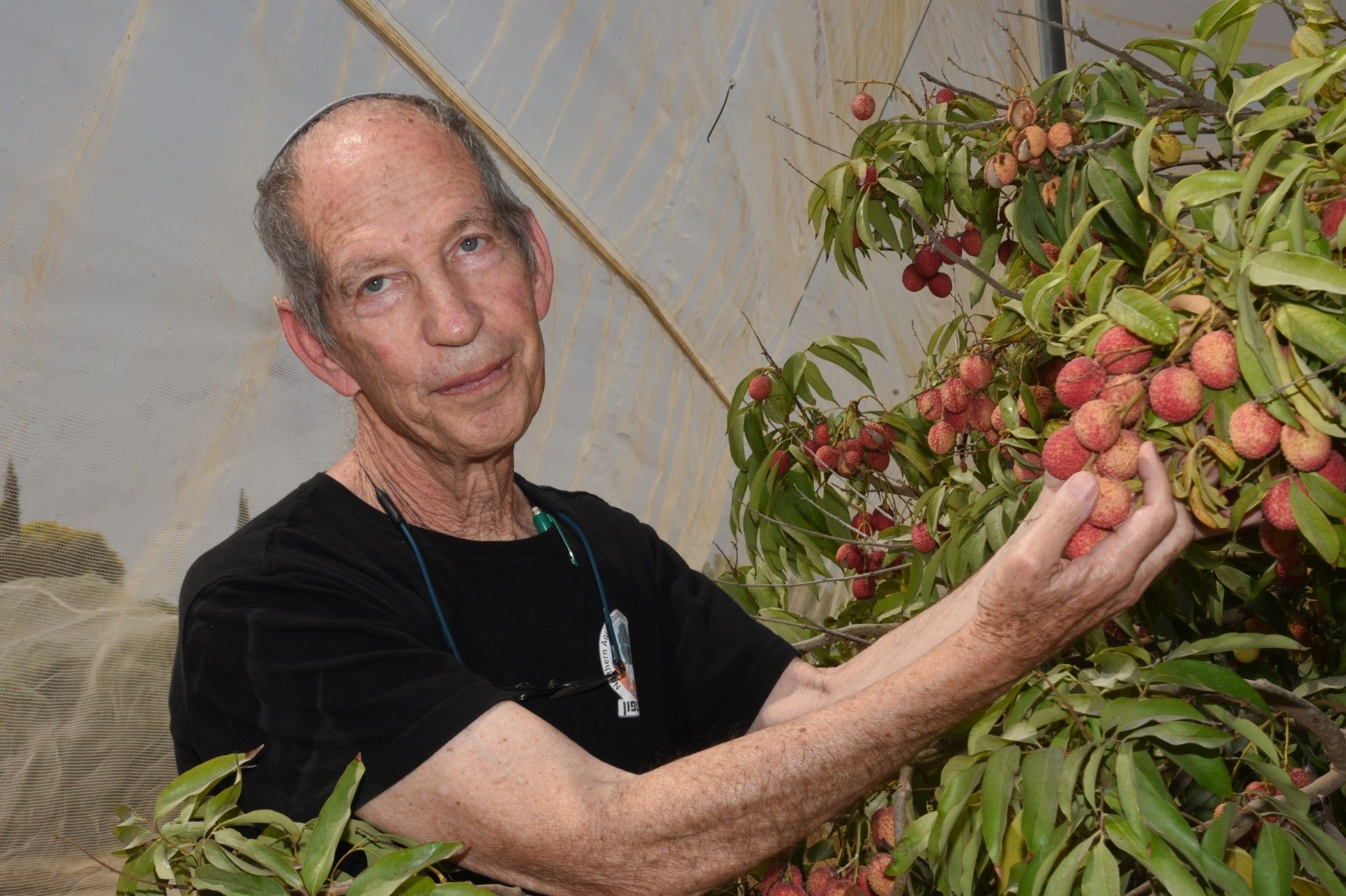Key Takeaways:
- A new study led by MIGAL and Northern R&D found that combining shade nets with misting systems increased lychee yields by up to 50%.
- The research was funded by Israel’s Ministry of Agriculture and Food Security and conducted with Ginegar – Smart Cover Solutions, Slide2Seal, and Netafim.
- Trials focused on Mauritius and Hong Long lychee varieties at two sites in northern Israel: Kfar Giladi and Ravid.
- Results showed notable improvements in both yield and fruit quality, offering a scalable solution for heat and frost stress mitigation.
- The project demonstrates how practical innovation can help farmers adapt to climate change and improve profitability.
MIGAL Leads Climate-Resilient Breakthrough for Lychee Growers
Researchers from MIGAL and Northern R&D have unveiled findings that demonstrate how shade nets combined with misting systems can dramatically improve lychee yield and quality. Conducted with support from Israel’s Ministry of Agriculture and Food Security, the study is the first of its kind globally and offers a cost-effective, scalable solution to the challenges of rising temperatures and extreme weather.
The project brought together multiple industry partners, including Ginegar, Slide2Seal, and Netafim, underscoring a collaborative approach to addressing the climate resilience needs of fruit growers.
Field Results Confirm Higher Yields and Better Fruit Quality
Launched in 2022 at two field sites in Kfar Giladi and Ravid, the research tested the impact of integrated shading and misting systems on Mauritius and Hong Long lychee varieties. At the Kfar Giladi site, yields increased from 1.4 to 2.1 tons per 1,000 square meters — a 50% improvement — with fruits showing larger size and superior quality.
According to Prof. Rafi Shtern, who led the research team at MIGAL, the success of this approach highlights how simple technologies can generate major productivity gains: “Agriculture is increasingly challenged by extreme climate conditions that severely impact yields. Our findings show how a relatively simple technology can boost productivity, improve fruit quality, and ensure the profitability of the lychee industry.”



3 Comments